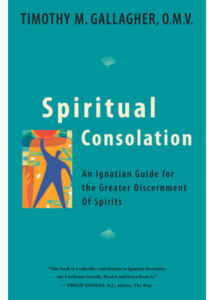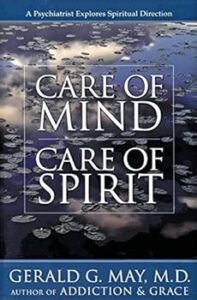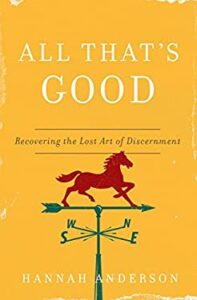 Summary: A brief exploration of Jesuit spirituality
Summary: A brief exploration of Jesuit spirituality
No regular readers of my reviews will likely miss that I have spent the past couple of years studying to become a spiritual director in the Ignatian tradition. I intentionally chose a Catholic program because I have come to understand that I tend to learn in a dialectical approach. I want to have traditions in dialogue. My undergrad was at an evangelical college, my seminary was predominately a mainline protestant school, and my spiritual direction program was at a Jesuit college. Part of what is helpful about this approach is that I bring resources from outside the tradition for conversation with the tradition. What can be difficult is getting enough of an understanding of the new to understand it on its own terms and not as a caricature from previous experience.
This dialectical approach fits well with the focus on Contemplatives In Action. Barry and Doherty focus on the tensions that they suggest form Jesuit spirituality, the both/and that inherently leads to tensions that some always will want to calm. The title takes on the first tension, the tradition of Catholic orders to be either contemplative or action-oriented. Ignatius and later Jesuits strongly resisted the call to pray through the hours as almost all other orders did. Ignatius thought that long hours of prayer, while helpful, would keep the Jesuits from their work with the people, which was their primary focus. But the tension with that action orientation is that Jesuits are most known for giving the Spiritual Exercises (a highly contemplative approach to spiritual direction) and Christian education.
Other tensions include attention to personal experience and emotion with what Ignatius calls dispassion. In Ignatius’ use, this is not dispassion as in uncaring or negligence, but in getting to the point where you are willing to accept any of the multiple options that God may be calling you toward. Jesuits have a reputation for being overly analytic and dispassionate in the first negative sense, but that is contrary to Ignatius’ intent. “Jesuit spirituality is distinguished from other spiritualities by this personal attention to feelings, desires, dreams, hopes, and thoughts.” Only through that attention can the “defining characteristic of Jesuit spirituality,” Ignatius’ Discernment of the Spirits, be practiced.
 Summary: A discussion of the second set of “Rules of Discernment” by Ignatius.
Summary: A discussion of the second set of “Rules of Discernment” by Ignatius.

 Summary: An overview of the first 14 ‘rules’ of discernment.
Summary: An overview of the first 14 ‘rules’ of discernment. 



